Our eyes can get us through anything. They withstand sun, snow, rain, and debris to make sure that we can see clearly.
If you have amazing vision, it can definitely make you feel unstoppable in the eye department.
But without our knowing, our vision can go through gradual but significant changes due to aging and outside forces.
Just like the other parts of our bodies, our eyes need to be cared for all of the time so that they stay in working order when we need them most.
If not, cataracts can form, which cause blocked, blurry vision.
Though there are plenty of medical advancements available to detect and fix cataracts, there is little that can be done to help them by way of topical treatments.
But fortunately, there are measures to take that can help improve your eyes' health, like finding the perfect pair of sunglasses.
So keep track of potential cataracts symptoms below, as well as learn about the small lifestyle changes you can make to keep your lenses crystal clear.
If you've experienced any of the following symptoms, it's a good idea to make an appointment with your eye doctor. Please SHARE so everyone knows the signs!
What Are Cataracts?
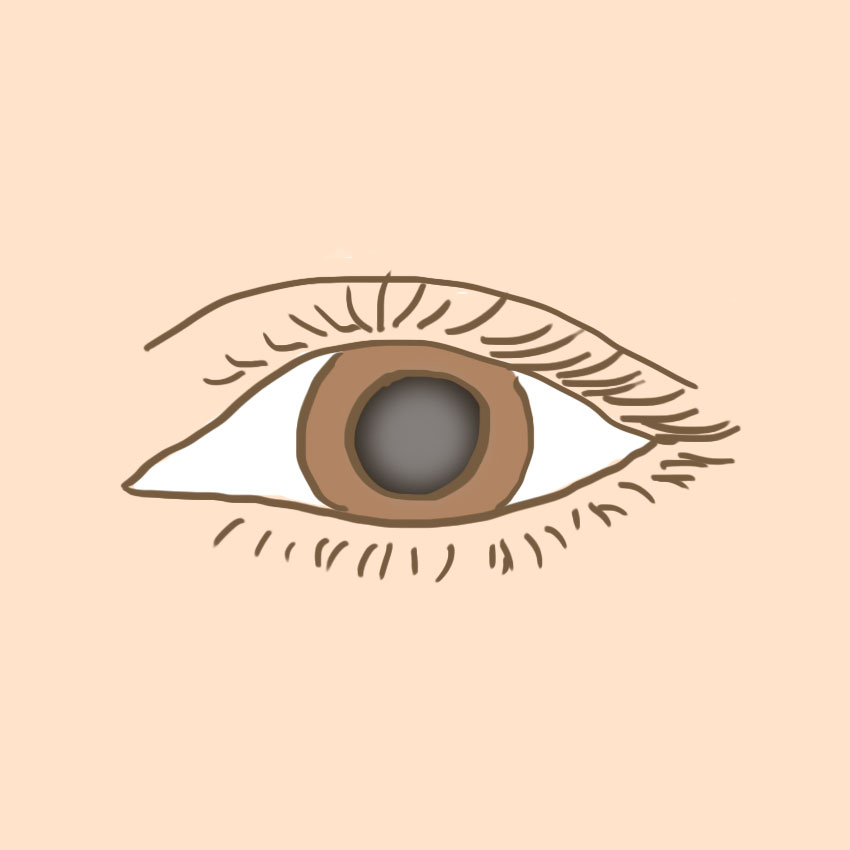
Cataracts are the gradual clouding of your eyes' otherwise clear lenses.
This causes your sight to become slowly foggy, much like looking through a frosted window. They develop very slowly and are certainly not noticeable right away.
However, there are symptoms that could indicate that your eyes may be developing cataracts — and preventative measures you can take to keep eye trouble at bay!
What Causes Cataracts?
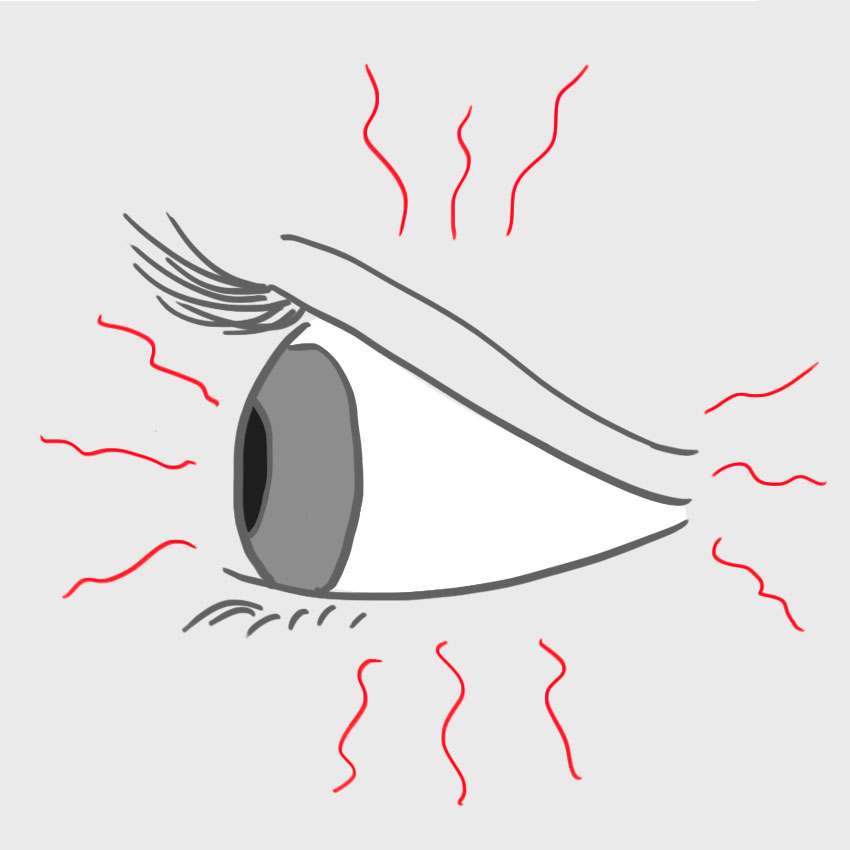
Cataracts begin to form due to lens changes caused by aging and injury.
When that happens, the lens, which is in charge of bouncing light around to create images, becomes less flexible, causing your vision to become cloudy.
They can also form from trauma to the eye or body, which can affect different parts of the lens.
Check below to learn cataract symptoms and measures that you can take to prevent them.
How To Identify Cataracts Symptom #1: Cloudy, Blurred Vision

Vision loss with cataracts starts very slowly, so it's important to pay attention if something seems even slightly off about your eyesight.
And since there are three different types of cataracts that affect the back, center, and front of your lenses, paying attention to your quality of vision is very important.
Once you have identified and acknowledged a change in vision, it's important to speak with a doctor to see what is amiss.
Symptom #2: Seeing Halos Around Lights

As mentioned before, your lens is in charge of scattering light so that you can see objects sharply.
If you notice that objects that emit light are not as clear, this could mean that your lenses' capabilities are failing.
Symptom #3: Double Vision In A Single Eye

Very frequently, cataracts will begin to develop more quickly in one eye than the other.
Pay attention to both; if one eye is working a little better than the other, it could mean that cataracts are occurring more quickly in that eye.
Symptom #4: Decreased Vision At Night
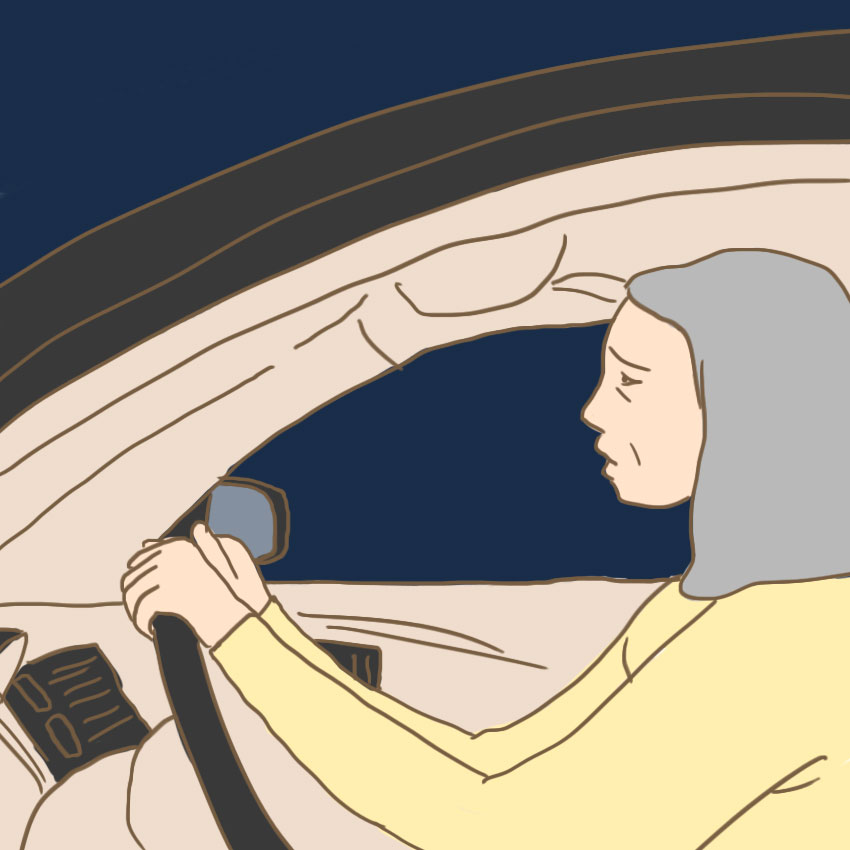
Even if cataracts are not to blame, one of the primary symptoms of slowly failing vision is a decreased night vision.
Your eyes work overtime at night to make out objects and shapes without light, so their difficulty in the dark could be an indication of any number of minor to major vision problems.
Symptom #5: Fading Colors
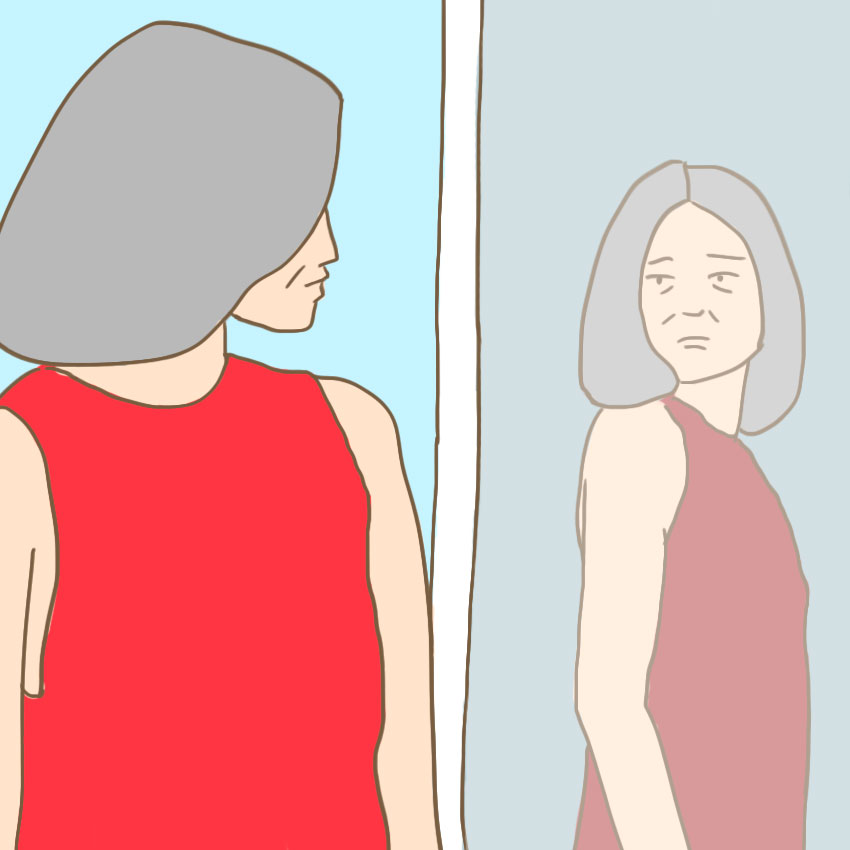
Fading colors are also an indication of your lens' inability to bounce light around.
So the next time you're wondering how your new top could already be dulling, consider instead that it could be your eyesight.
And though surgery is ultimately the only way to remedy cataracts, a few lifestyle adjustments can prevent them.
Continue reading below to see what you can do to keep cataracts at bay.
How To Prevent Cataracts Tip #1: Wear Sunglasses, Or Hats With Brims

Sunglasses play an extremely important role in our eyes' safety.
Much more than just a fashion statement, sunglasses block the sun's harmful rays from penetrating your lenses, creating the aforementioned trauma.
If you're not a fan of sunglasses, try a hat with a brim to protect you from the sun's rays.
Tip #2: Stop Smoking
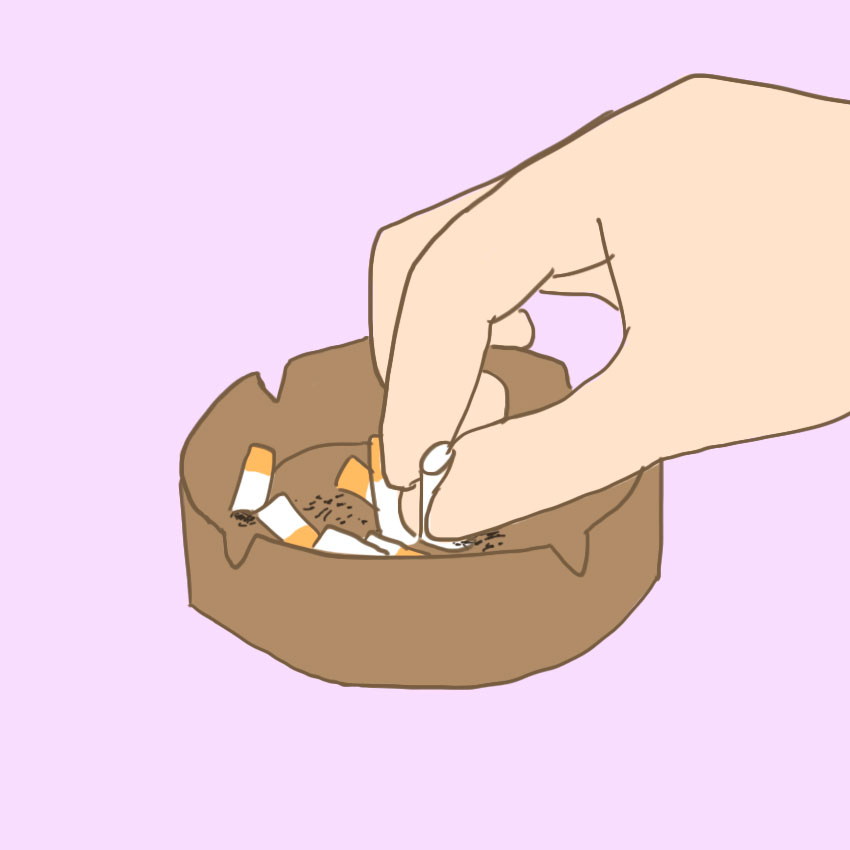
Though smoking itself may not directly affect your eyes' health, it can cause other internal diseases that could.
Your eyes are extremely sensitive to adverse changes in your body, so smoking can indirectly put your vision at risk.
Tip #3: Eat a Healthy Diet

Eating a balanced diet will keep your internals functioning at tip-top shape, including your eyes!
Some foods that are particularly good for your eyesight are leafy greens, eggs, almonds, and fatty fish like salmon.
Tip #4: Have Regular Eye Exams
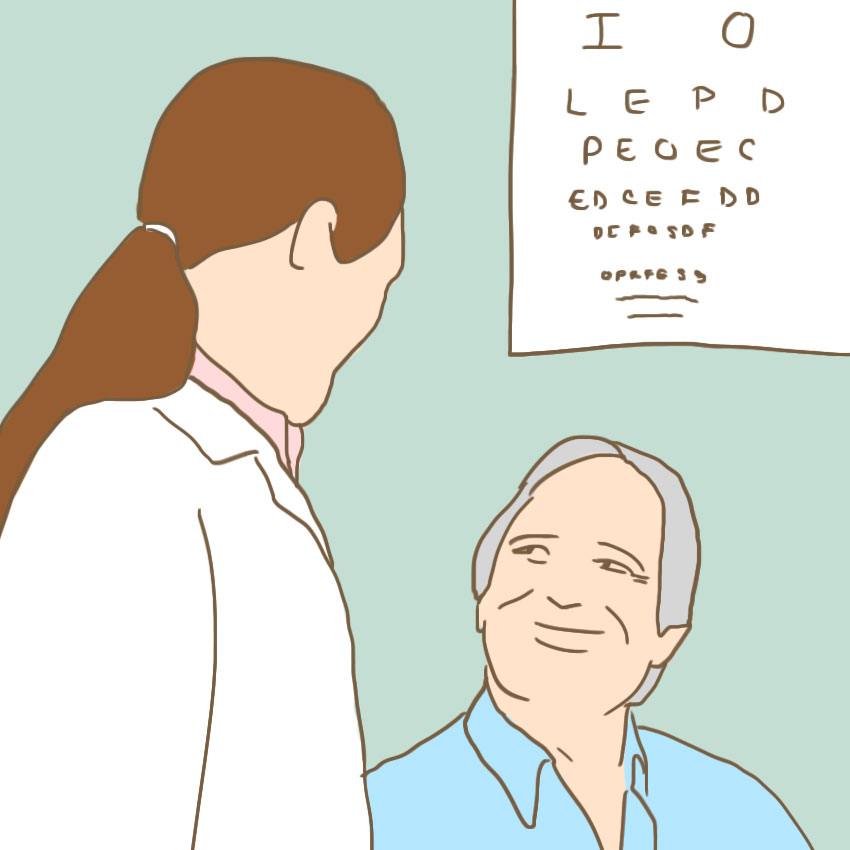
An eye doctor will likely be able to give you the most accurate assessment of your eyes' health.
They can help monitor cataracts, should they occur, as well as advise steps you should take based on your results.
Not all diseases happen instantaneously; some, like cataracts, can take years to form before they are noticeable.
It's important to practice good habits for your eyes now so that they will be in perfect working order in the future.
If you know anyone who might be displaying symptoms of cataracts, please SHARE this important information with them!




